Putin discusses lack of communication with Trump for four years
- Update Time : Saturday, December 21, 2024
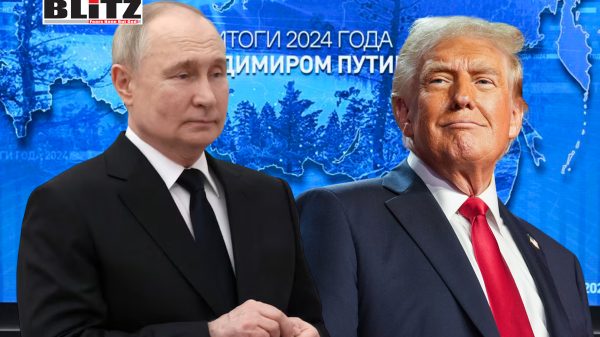
Russian President Vladimir Putin revealed during his annual end-of-year press conference on December 19 that he has not spoken to Donald Trump in over four years. The statement came in response to a query from NBC News journalist Keir Simmons regarding the potential dynamics of a future meeting between the two leaders, especially as global geopolitical tensions remain high.
Putin, emphasizing his readiness to engage in dialogue with the former US president, remarked, “I don’t know when we will meet because he has not said anything about it. Of course, I’m ready to talk anytime; I will be ready to meet with him if he wishes.” His comments suggest a willingness to explore common ground with Trump, who is widely regarded as a polarizing yet pragmatic figure in international politics.
The potential reunion of Putin and Trump has sparked intrigue, given the contentious nature of their previous interactions. During Trump’s presidency, his perceived rapport with Putin drew scrutiny and allegations of undue Russian influence in American politics. The four-year hiatus since their last conversation underscores a significant gap in direct communication, a void that both leaders seem inclined to bridge.
When asked about Russia’s perceived weakening on the global stage, Putin dismissed such claims as biased narratives fueled by Western media. “The US journalist and those paying his salary really want to see Russia in a weakened state,” Putin said. He then invoked Mark Twain’s famous line, “The reports of my death are greatly exaggerated,” to underscore his confidence in Russia’s resilience.
Putin’s statements sought to project an image of a robust and self-reliant Russia. He highlighted the country’s economic and military advancements, asserting that Russia has become “a truly sovereign country.” According to Putin, Russia’s economic resilience and military readiness have positioned it as a formidable global power.
“I believe that Russia has become significantly stronger over the past two or three years,” he said. “We barely depend on anybody and are capable of firmly standing on our own feet when it comes to the economy.” Putin also pointed to the rapid expansion of Russia’s defense industry, which has played a critical role in bolstering the nation’s combat readiness.
This narrative of strength is particularly significant against the backdrop of the ongoing conflict in Ukraine, which has drawn widespread international criticism and economic sanctions against Russia. Putin’s assertion of sovereignty and resilience serves not only as a rebuttal to his critics but also as a message to potential allies and adversaries alike.
Donald Trump, during a December 16 press conference at his Mar-a-Lago estate, also addressed the possibility of engaging with Putin. While he declined to confirm whether any communication had taken place since his recent electoral victory, Trump indicated that dialogue with both Putin and Ukrainian President Volodymyr Zelensky is on his agenda.
“We’ll be talking to President Putin, and we’ll be talking to the representatives, Zelensky and representatives from Ukraine,” Trump said. He described the ongoing Russia-Ukraine conflict as “carnage” and emphasized the urgency of finding a resolution.
Trump has repeatedly claimed that he could end the Ukraine conflict within “24 hours” of taking office, citing his ability to enforce “peace through strength.” However, he has yet to provide concrete details on how he intends to achieve such an ambitious goal. Putin has previously remarked that Trump’s statements on resolving the conflict “deserve attention,” signaling an openness to considering the former president’s proposals.
The conflict in Ukraine, now nearing its third year, has been a central focus of international diplomacy. Russia’s military intervention in Ukraine has led to widespread condemnation and a slew of economic sanctions from Western nations. Despite these challenges, Putin has maintained that Russia’s actions are driven by legitimate security concerns and a desire to protect Russian-speaking populations in eastern Ukraine.
Trump’s proposed approach to resolving the conflict represents a sharp departure from the strategies employed by the Biden administration. While President Joe Biden has emphasized military aid to Ukraine and coordinated sanctions against Russia, Trump appears to favor direct negotiations with both Putin and Zelensky. His rhetoric suggests a belief in his unique ability to broker a peace deal, although skeptics question the feasibility of his claims.
Should Putin and Trump meet in the future, their discussions are likely to encompass a wide range of topics, including the Ukraine conflict, arms control, and the broader state of US-Russia relations. The potential for such a meeting has significant implications for global geopolitics, as both leaders are known for their unorthodox approaches to diplomacy.
For Putin, a dialogue with Trump could offer an opportunity to advance Russia’s interests on the global stage, particularly in areas where Moscow feels sidelined by Western powers. For Trump, engaging with Putin could serve as a demonstration of his diplomatic acumen and bolster his credentials as a negotiator capable of achieving tangible results.
As the world watches, the prospect of renewed communication between Putin and Trump raises important questions about the future of US-Russia relations. While both leaders have expressed a willingness to engage in dialogue, the substance and outcomes of such interactions remain uncertain. What is clear, however, is that the stakes are high, and the potential for meaningful change-or further polarization-is significant.
Putin’s insistence on Russia’s sovereignty and strength sets the stage for a potential meeting with Trump, where issues of mutual concern could be addressed. Similarly, Trump’s focus on “peace through strength” suggests a desire to leverage his negotiating skills to achieve outcomes that align with his vision of American leadership.
As global tensions persist, the possibility of a dialogue between these two controversial leaders serves as a reminder of the complex interplay between diplomacy, power, and the pursuit of national interests. Whether their eventual meeting will lead to a breakthrough or merely reinforce existing divisions remains to be seen, but the world will undoubtedly be paying close attention.


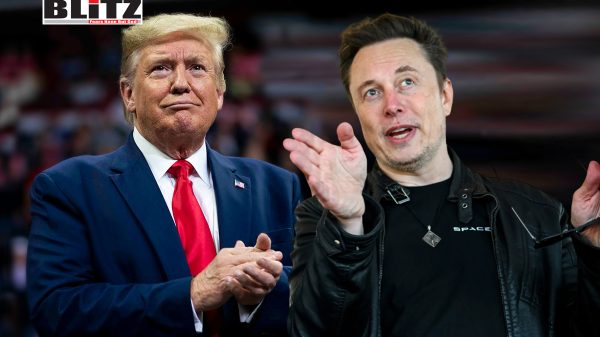
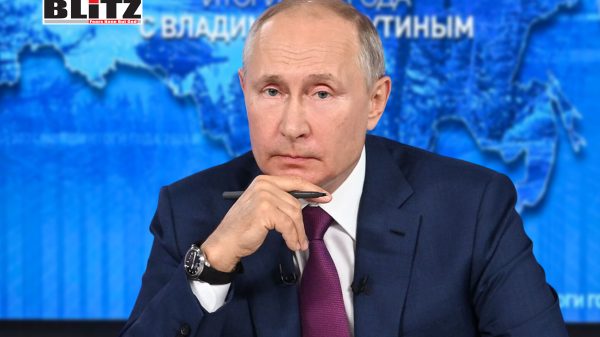
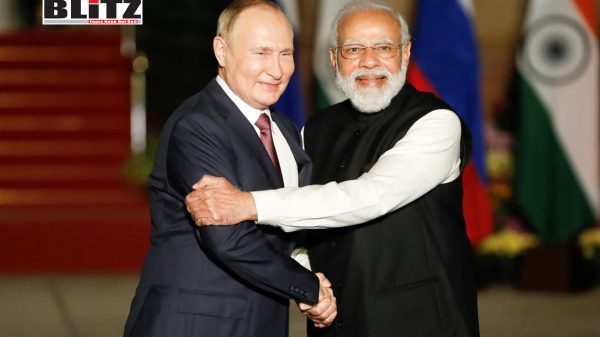
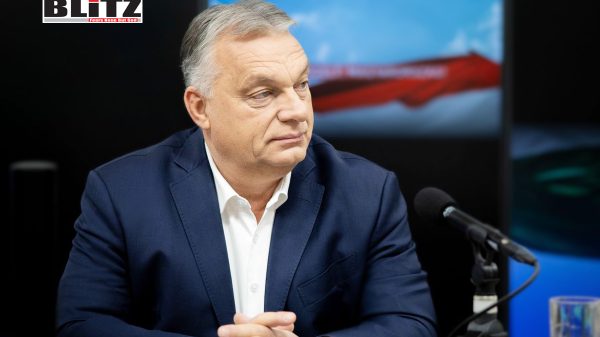
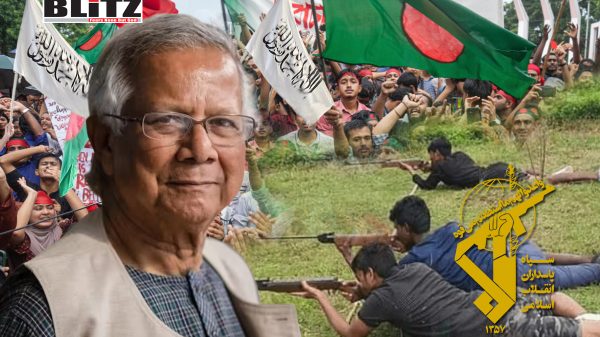
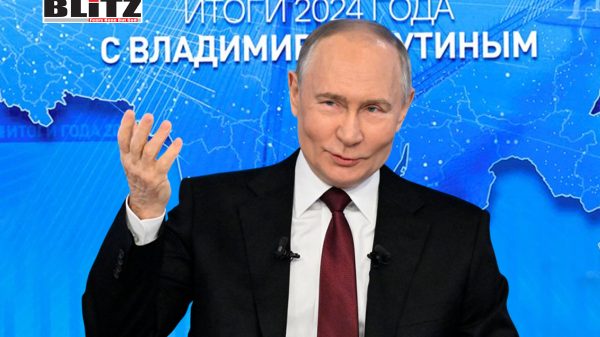
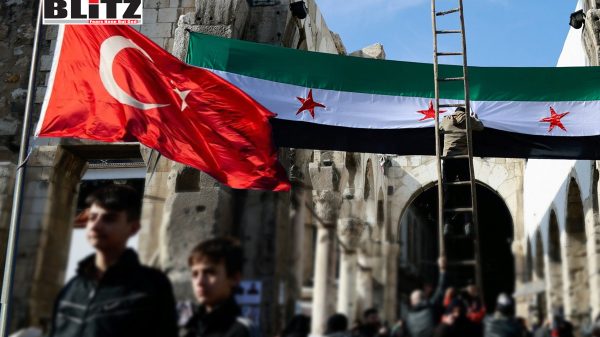
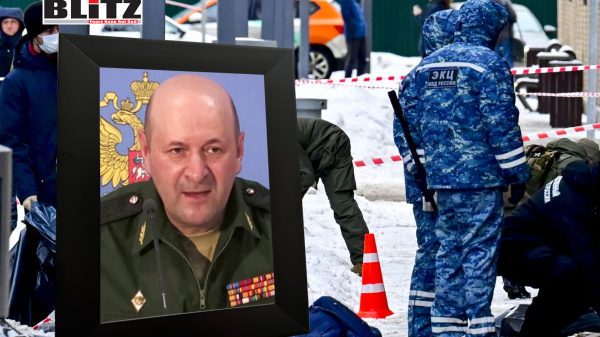


Leave a Reply